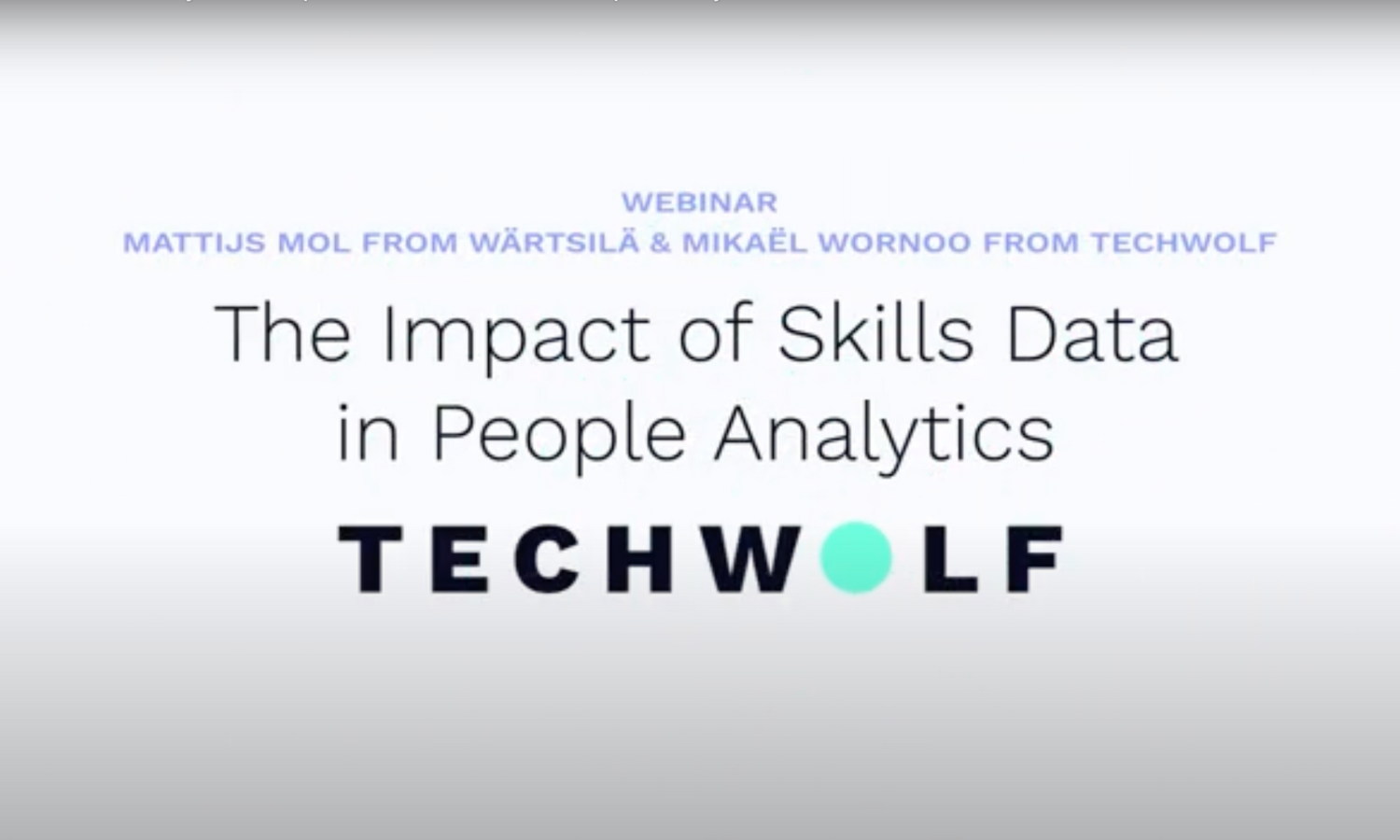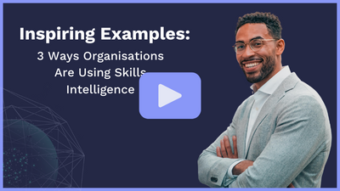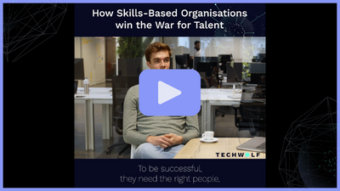Webinar Replay: The Impact of Skills Data in People Analytics
An outstanding HR professional with experience at Philips, ASML and now Wärtsilä, Mattijs Mol really lifts the veil in this webinar on how companies put knowledge of employee’s skills to good use.
The webinar reads like a skills guidebook: “Your Guide to Use Cases for Skills that Improve the Bottom Line.”
Here are a few use cases for Skills Intelligence Mattijs touches upon:
- find the right talent in the market: next to the general talent scarcity, certain roles are always difficult to source.
- external market data: what is the competition doing? Are they hiring for the same roles? In the same location? Do we need to move to other countries?
- create skill clusters: move from working on an individual vacancy level to looking at combinations of skills that are in demand.
- super niche skills development
- the impact of global trends, eg what is the impact of decarbonization on the skills we need? What is the impact of business units turning into SaaS businesses?
- align with evolving customer expectations: being able to confidently answer the question “Are we prepared to commit to our customer needs in the long run?”
- strategic talent management decisions: do we have the right skills? Do we know which skills will become obsolete in a few years’ time? Can we reskill people?
- skills management: understand the potential overlap between skills and create 'knowledge trains' in the organisation
- learning: map skill gaps with courses
Using TechWolf, you can put together an inventory of your company’s skills in under 8 weeks, using employee information you already have. No surveys, no assessments. Just existing data + skill inference. Because before you can do things with skills, you have to know them.



